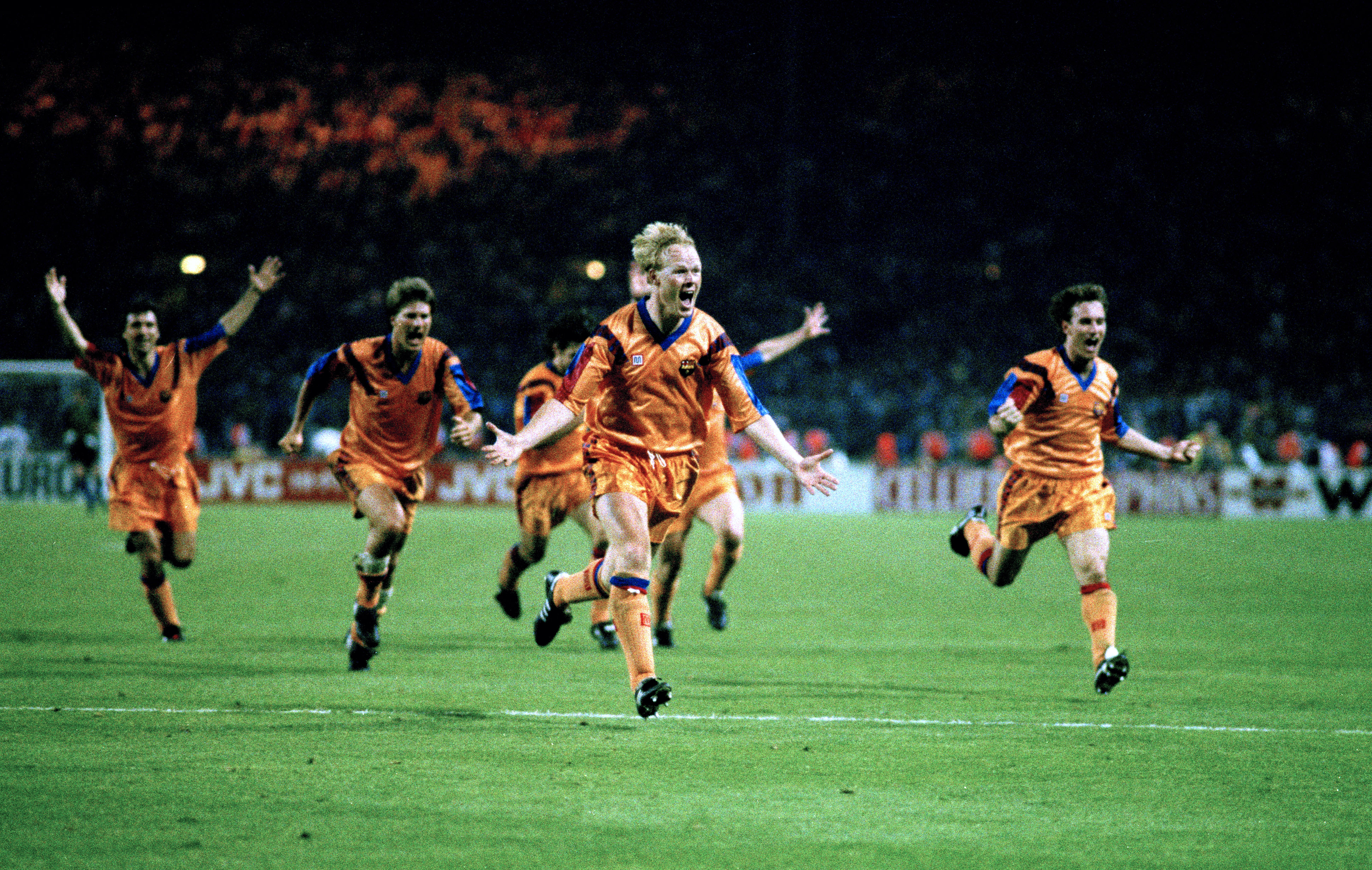Homophobia and racism still prevail in Russia – but they need more time
There's no defending the abhorrent views of the Soviet nation's right-wing fan groups, but how is it still like this in the 21st century? Perhaps there's more to it then meets the eye...
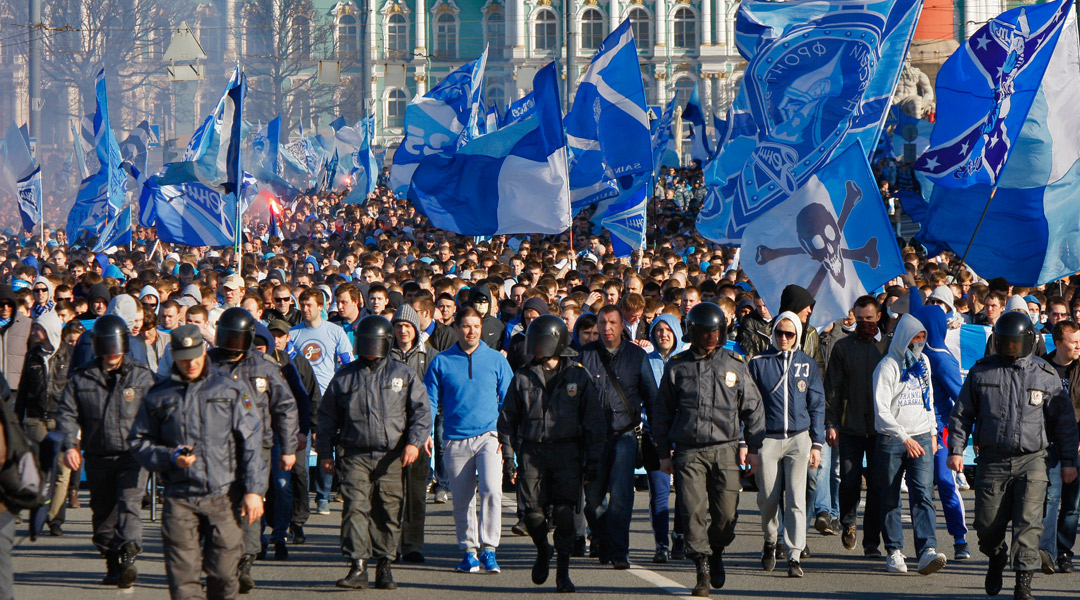
"Black players are forced down our throat. Gay players are unworthy of our great city." There appears to be no grey area about this statement. When Zenit fan group Landscrona caused outrage in western media with their open letter two years ago, did they really believe that anyone could defend them? Nailing their colours to the mast, they reinforced the stereotype of the Russian fan as racist and bigoted. But is this the full story?
It isn't hard to see why Yann M'Vila reportedly turned down a move to Zenit, and went to Kazan instead. Until the arrival of Hulk and Axel Witsel last summer, there had been no black players in the club's history.
For a city styled on the grand, sweeping boulevards and palaces of Europe, the ethnic spectrum is relatively narrow. St Petersburg's 'Paris of the North' nickname is accurate about its architecture and artistic atmosphere; in a historical sense it mirrors the French capital, but in a modern sense it certainly does not.
When Peter the Great declared some boggy marshland on the banks of the Neva river would become a window to Europe, he was ahead of his time in his vision for Russia's relationship with the rest of the world. His experiences spent disguised as a layman in the dockyards of the East India Company in Amsterdam and London reinforced his appreciation of the attitudes and heritage of other nations. This outlook survives in pockets of western Russia, but it was never likely to supplant the defensive instincts in the motherland's mindset.
The best features, fun and footballing quizzes, straight to your inbox every week.
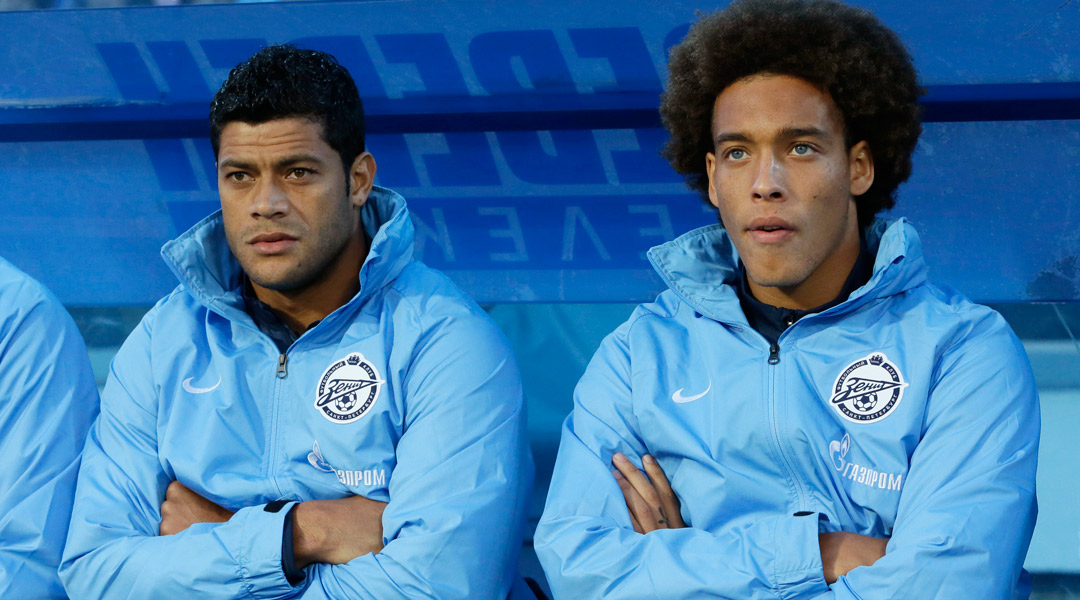
A nation of suspicion
Few foreigners fully realise how deeply ingrained is Russia's partially understandable distrust of outsiders. There are two main factors that contribute towards this: size and history. Even the eagle on the Russian crest is two-headed, so that it can warily watch both east and west.
The sheer globe-straddling scale of this vast nation is a fundamental factor in its national psyche. Russia's modern borders stretch from Eastern Europe to Alaska, from the Arctic Ocean to Kazakhstan; over the last 1,000 years, countless foreigners from Genghis Khan to Adolf Hitler have invaded and attempted to impose their rule upon the collections of tribes and ethnic groups.
It's one thing to defend a territory the size of England, which you can traverse in a few hours; defending a territory the size of Russia, where you may only reach the next town in a few hours, is quite another.
It's clear that comparing national characters is highly complex, but there are links to other examples of siege mentalities in football. The classic case is that of mind-games master Alex Ferguson. He quickly realised that for an institution the size of Manchester United, it was necessary to engender a rock-solid bond between his team, and to turn their collective backs on the rest. Did it endear him to neutral supporters and the media? No. Did he care? Probably not. Could he have managed with his unprecedented success and longevity without this approach? Absolutely not. For Manchester United, read Russia.
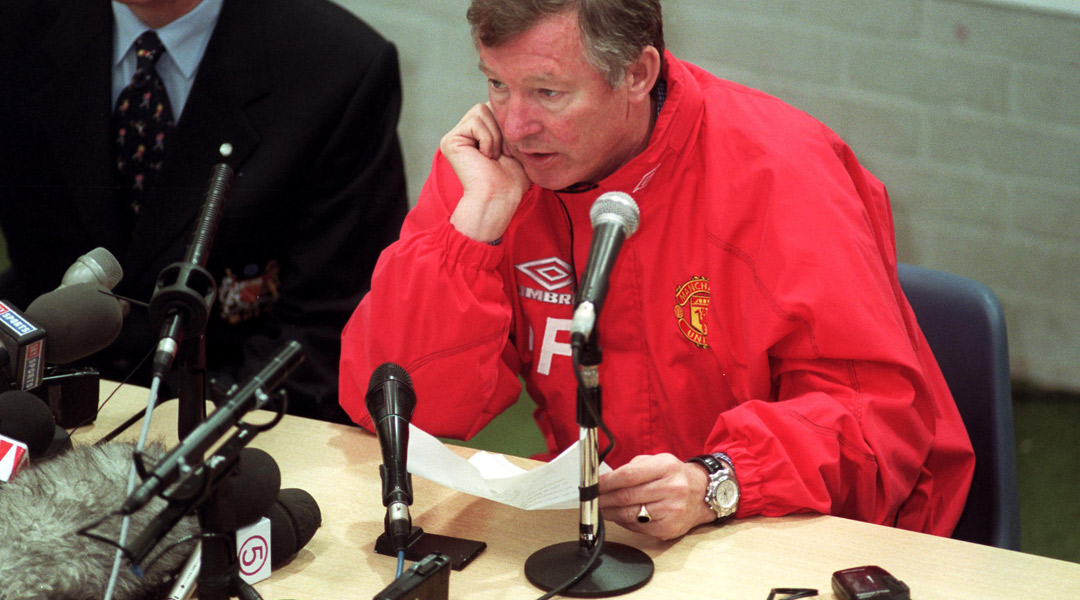
What went unreported in some areas of the British media was the full context of the Landscrona letter. The following day, in an attempt to mitigate their stance, they claimed that "the absence of black players [in the Zenit team] is just an important tradition that underlines the team's identity and nothing more."
The Guardian ran an article explaining that, while the language used was undoubtedly racist, the basis behind the whole letter was not an unfamiliar one to fans all over the world, regardless of creed or colour. Who would you cheer more: the foreign import, classy as he may be, or the local lad who represents your home town?
As global as the game has become, the sense of identity of some clubs has become muddied – Manchester United famously claimed to have 659 million fans worldwide, only 0.1% of whom are from Manchester, for example. The relevance of the nationality of managers, and indeed of players adopting the nationality of their country of residence, is still very much alive.
When the FA appointed Sven-Goran Eriksson as the first foreign manager of the England side, questions were asked as to why a more suitable English candidate could not have been found. The answer was quite simple: there weren't any. Was it racist to desire an Englishman to receive preference for the role purely on the grounds of his nationality?
It became apparent that Manchester United's wonderkid Adnan Januzaj had a possible choice of nations to represent - Belgium by birth, Albania and Kosovo through parentage and Turkey through the grandparent rule. (England was never an option, due to a FIFA-ratified mutual agreement between the Home Nations that any player must have been schooled for five consecutive years in that country before the age of 18.)
As people waded in to offer their expert opinion as to whether it was right to allow him to pull on their country's colours, you wouldn't have begrudged the poor boy if he felt overwhelmed. Was it racist to want to deny him a legal right to represent one of those countries?
Britain's own struggle
It's not just Russia's size that has fostered its insular mindset. As the ideological struggle between communism and capitalism dominated the majority of the 20th century, the Soviet Union rigidly restricted the exchange of education, culture and expression that the western world takes for granted nowadays.
This writer's father-in-law, Vladimir, has told of how bootlegged copies of Led Zeppelin cassettes were shared between friends at great risk and expense. Without the same free flow of understanding and movement of people for more than 70 years, it is natural that attitudes are behind what they are in the UK or the USA.
So let's move the goalposts and make this a fair game. In 1961, it was still only a dream of Martin Luther King's that his children would grow up in a country where they would be judged not by the colour of their skin, but by the content of their character.
It's a mere 36 years since Viv Anderson became the first black player to represent England in a full international. Ron Atkinson's attacking trio of Laurie Cunningham, Cyrille Regis and Brendon Batson, 'The Three Degrees', mesmerised defences up and down the country in the 1970s, but still attracted vitriolic abuse from the stands.
In the late 1980s, John Barnes was just one of many who had to endure monkey chants and bananas thrown onto the pitch. Today, thankfully, anyone attempting the same kind of racist abuse in a Premier League ground would be thrown out and banned for life. People no longer stand for it.
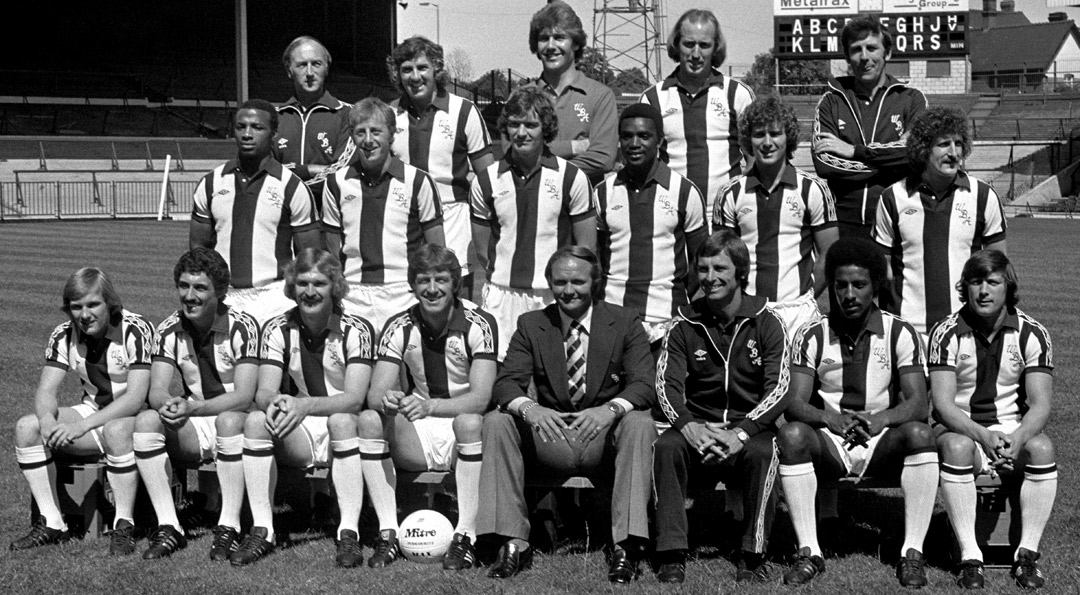
Why is this? Why have attitudes changed? Campaigns like Kick It Out have raised awareness, and the proportion of black and ethnic-minority professional players has risen to an estimated 25% in the English top flight.
When the England kit was launched by Umbro five years ago, the advertising campaign centred on the fact someone from every country in the world resided in London, demonstrating the modern fabric of English society is a tapestry woven from a broad range of cultures. Not many would argue that the British are inherently racist people. What has happened is simple: people have had time to learn, be educated, and develop.
While there are fewer black people in Russia than in England, it is a gross misconception that Russia is made up of a limited shallow pool of ethnic groups. There are groups descended from Slavic nations, from Baltic nations, and no fewer than 22 republics within the federation. You couldn't begin to unravel the complexities of the ethnic makeup of this nation: suffice to say it is as intricate as anywhere in the world.
Trouble at the top
Landscrona's sentiments about gay players are deplorable. What sexual orientation has to do with the identity of a city is hard to fathom, but there may be a clue to explaining where this attitude comes from. Elena Mizulina, head of the Russian State Duma's Committee for Family, Women and Children, and co-author of the controversial law regarding the spread of information about homosexuality to minors, attempted to defend "traditional family values".
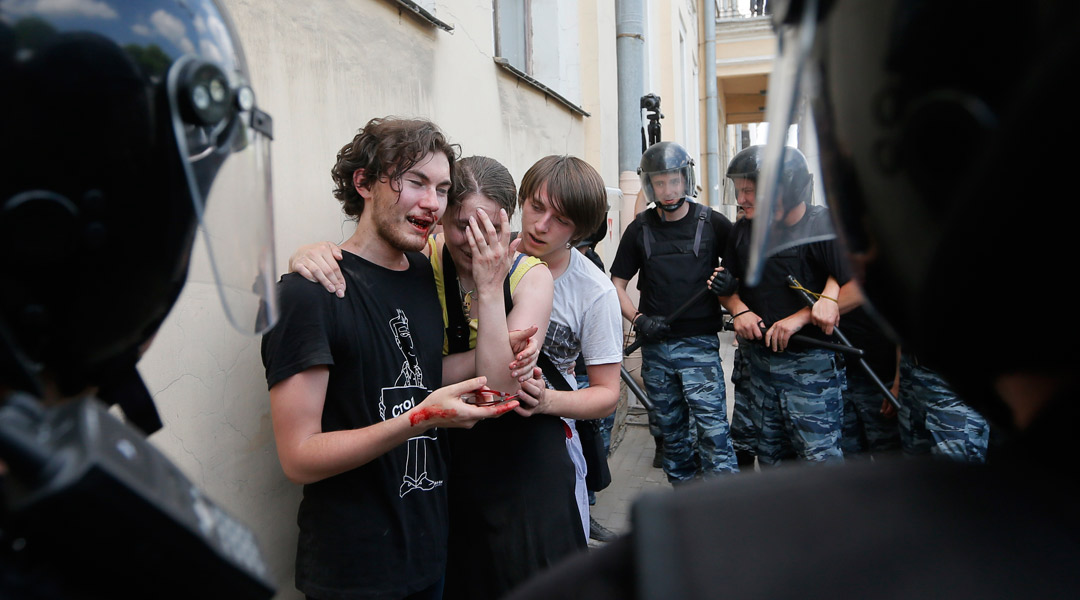
"The law prohibits the spreading of information aimed at forming non-traditional sexual attitudes among children, attractiveness of non-traditional sexual relations, or a distorted perception of social equality between traditional and non-traditional sexual relations," she explained. "Secondly, it prohibits the imposition of information about non-traditional sexual relations that may cause interest in them among children."
Tradition: that old chestnut again. It's clear that for the Russian people it is a core value, however out of tune with modern western sensibilities it may be. A resident of Tyumen, who has asked to remain anonymous, mirrored this attitude towards gay people. "I don't agree with homosexuality," he said. "It is not normal for us, so we are not used to the idea. I just don't like it; maybe the people are fine, but the idea is wrong."
Football's acceptance of homosexuality lags far behind its much-improved multiculturality. Former Leeds United winger Robbie Rogers had to retire at the age of 25 before he could reveal his homosexuality, although he did later come back to play for LA Galaxy. Thomas Hitzlsberger came out earlier this year, but also after he had finished his playing career.
Last year, England Ladies captain Casey Stoney became the first active female professional to come out. These examples are both positive and negative: it is major progress that players are breaking the taboo of talking about their homosexuality, but it is telling that this has still not been done by an active male player since Justin Fashanu 24 years ago.
Hopefully that will change soon, but as the language of the Landscrona letter suggests, it is unlikely that any former or current professionals in Russia will be revealing their homosexuality any time soon. However, to paraphrase Boy George, just give Russia time.
 Join The Club
Join The Club





